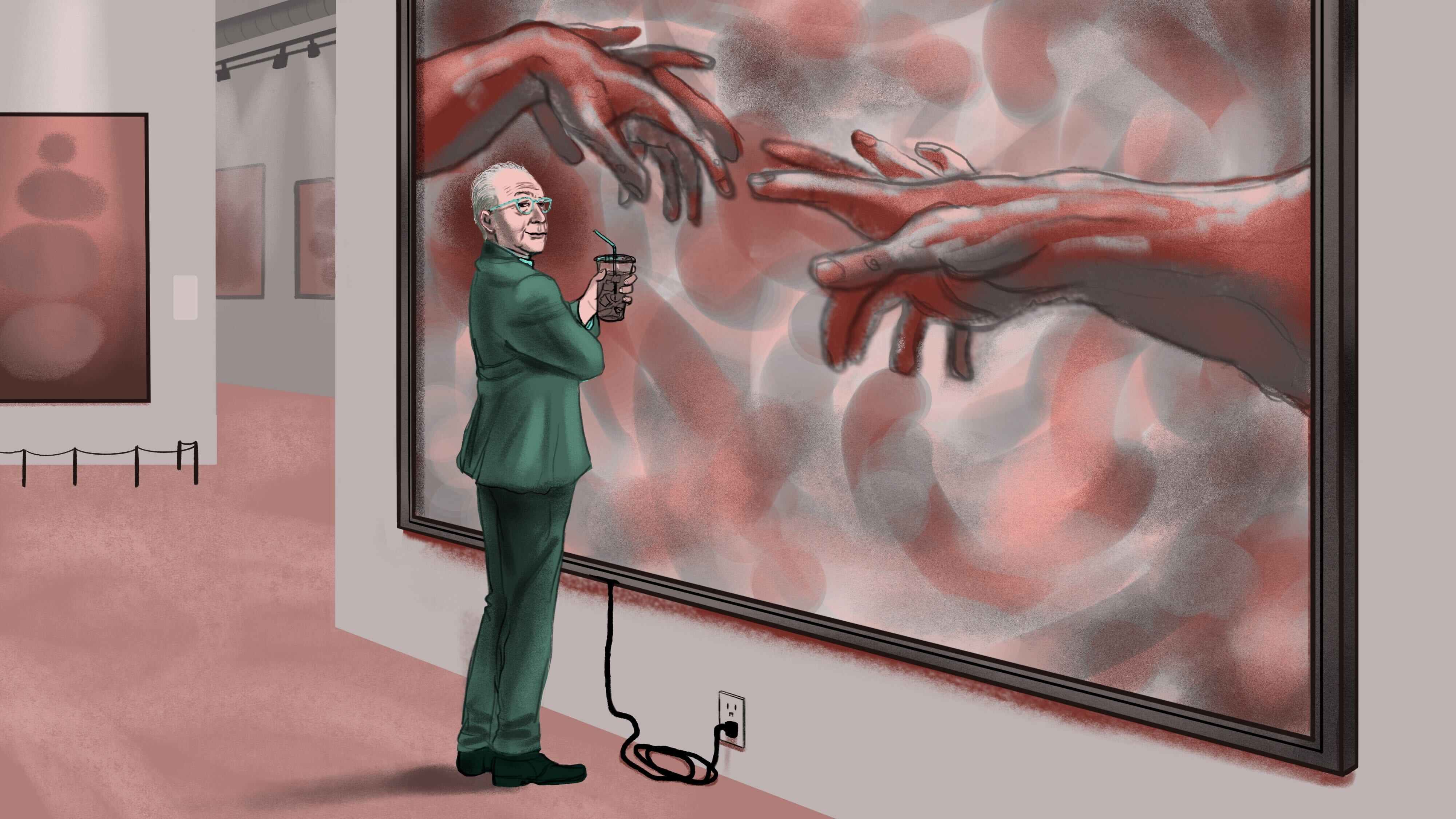Hip-Hop and the broadening of cultures
Question: What do you think are the effects of media's portrayal of young black men as almost exclusively athletes or rappers?
Jay Smooth: I think the most obvious assumptions people make about how the media's representation of young black men would effect our public consciousness—both as young black men, and for everyone else looking at young black men. I think the obvious assumptions people make about how that narrow representation affects people is true; that it gives young black men a very narrow sense of what their opportunities are. I think you can see that all the time; anyone who works with kids you see what they aspire to be. Obviously, we hope that's expanding now with certain other recent developments.
I do think that the rise of hip-hop is also -- and the example that athletes have set more recently, has expanded our concept of what we can do because there's been a phenomenon of entrepreneurship, both in this generation of athletes and in this generation of hip-hoppers, that has also shown the kids that you don’t need to be just an artist who's out there on stage and getting exploited.
You can also be on top of the business end and have other franchises and enterprises and build something beyond that. I think, a lot of people, someone like Diddy, have built a reputation as an entrepreneur more than as an artist. I think that's one of the good things that's happened as we've seen this generation of athletes and hip-hoppers develop; even within that narrow window that they give to us, they've forced in a wider palette for kids to see and latch on to.
A lot of people in America and around the world, their impression of what a Black man is and can be comes from 50 Cent; and I think 50 Cent is a lot more complex than a lot of people give him credit for; but, nonetheless, he certainly—on his records, if not in his interviews—he represents a very narrow concept of hyper-masculinity and so on that is reductive.
Socially, we've been connecting more and more and hip-hop has been a part of that. We have so much more exposure to each other through the Internet and other forms of media that I don't think anyone is as reliant on television and movies to form their entire impression of other cultures as they use to be. I hope that the reductive impact that mass media has, and how they portray us, is going to be lessened more and more because I think it's inevitable that there's going to be a reductive representation—because in order for you take a culture and change it into a product, you have to simplify it down into something that can me branded and described in five words or less. There's never going to be a complete representation of who any of us are as human beings when were being turned into a media commodity.
My biggest hope, I think, is that we'll continue connecting with each other in smaller ways outside of those mass media windows and get more of a sense of how much we all have in common, despite those differences on the surface.
Recorded on: August 4, 2009





